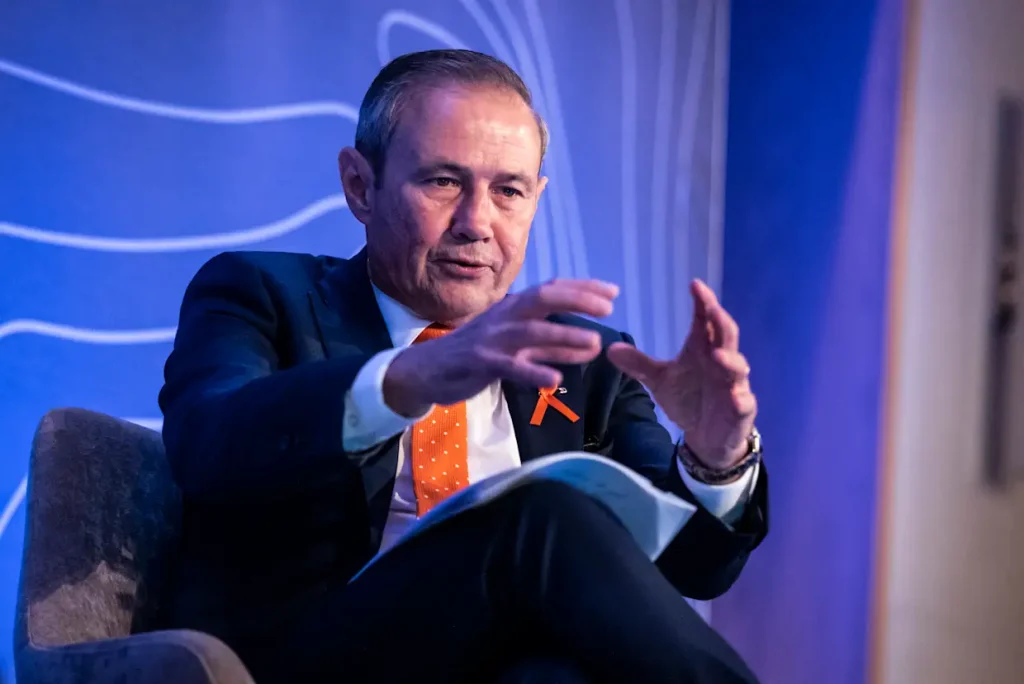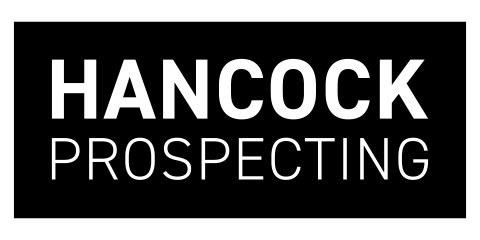
Article by Tom Rabe and Angela Macdonald-Smith, courtesy of Financial Review
08.07.2025
West Australian Premier Roger Cook has warned of major trade concerns in Japan about the Albanese government’s move to consider an east coast gas reservation, after a visit where he met with senior government and industry officials.
Cook was in Japan this week to spruik WA’s LNG exports and its capacity to offer carbon capture and storage options for Asia. He said Japan was watching Australia’s gas debate closely, particularly the growing antipathy towards exporting the commodity to Asia amid concerns of a domestic shortfall.

“I think it’s fair to say that they are very well-educated and extremely familiar with all the debates that are going on in Australia at the moment, particularly around a little bit of antipathy towards LNG,” Cook told The Australian Financial Review on Tuesday.
He said the Japanese industry participants had been forthright in their assessment of potential changes to Australia’s trade environment, in particular recent comments by Resources Minister Madeleine King and Energy and Climate Change Minister Chris Bowen about domestic gas.
“They noted the announcement by ministers King and Bowen around the availability of gas domestically,” Cook said.
“What they said to us is that we can’t continue to be an investment partner in Australia, we can’t go along on the transition unless you make LNG available to us in order to make sure we have energy security.”
The Financial Review in May revealed the Albanese government was set to consider implementing a new east coast gas reserve following fresh warnings of supply shortfalls.
Bowen last week confirmed a government review of the east coast market would consider replacing gas price caps with a new system that places obligations on gas producers to offer supply to domestic customers.
The steady increase in domestic gas prices since the creation of the export industry in the mid-2010s has heaped political pressure on LNG producers.
Cook, who met with Japanese Vice-Minister for International Affairs Matsuo Takehiko this week, said he had insisted WA would continue to be a stable trading partner.
“They can’t get out of coal unless we provide the LNG so that they can undertake that transition,” he said.
“We need to make sure we work with our friends in Japan to ensure that we are part of their overall energy transition, and ultimately this means that our energy will have a material impact on the global emissions and the reduction of global emissions into the future.”
Japan is a relatively minor buyer of LNG from Queensland, taking 6 per cent of the total 365 cargoes exported from Gladstone last year, and 9 per cent of the previous year’s gas exports, according to consultancy EnergyQuest.
But it is the biggest destination for LNG shipped from Darwin in the Northern Territory, which is in theory also covered by the federal government’s east coast gas policies.
Several Japanese gas players have been left stunned by the many policy moves against the industry in past years, including beefed-up emissions reduction requirements through the safeguard mechanism, price intervention in the east coast domestic market, and reforms to LNG export controls.
Japan is WA’s second-largest trading partner, and the state has exported LNG to the country since the late 1980s. WA accounted for about 28 per cent of Japan’s LNG imports in 2023, according to WA government figures.
Cook also revealed he was not concerned about a potential take-over by Abu Dhabi’s national oil company of Santos – WA’s second-biggest domestic gas supplier – as long as the company adhered to the state’s domestic reservation policy.
“We’ve made clear to all LNG players that even though they often have export aspirations, use of our gas at the domestic level is an important part of locking in the prosperity associated with these important reserves,” he said.
Cook said the spectre of war and the US administration’s tariff warnings were weighing heavily on Japan.
“They’re particularly concerned about the impact that will have on global trade, because that underpins prosperity,” he said.
“I think there’s concern everywhere in regards to the global uncertainty that we confront at the moment, both through the outbreak of war and also through the policies being advocated by the Trump administration.”
Aside from LNG, Cook said there were potential trade opportunities around critical minerals, hydrogen and ammonia between WA and Japan. The premier has previously talked up WA’s capacity to store Asia’s emissions.



